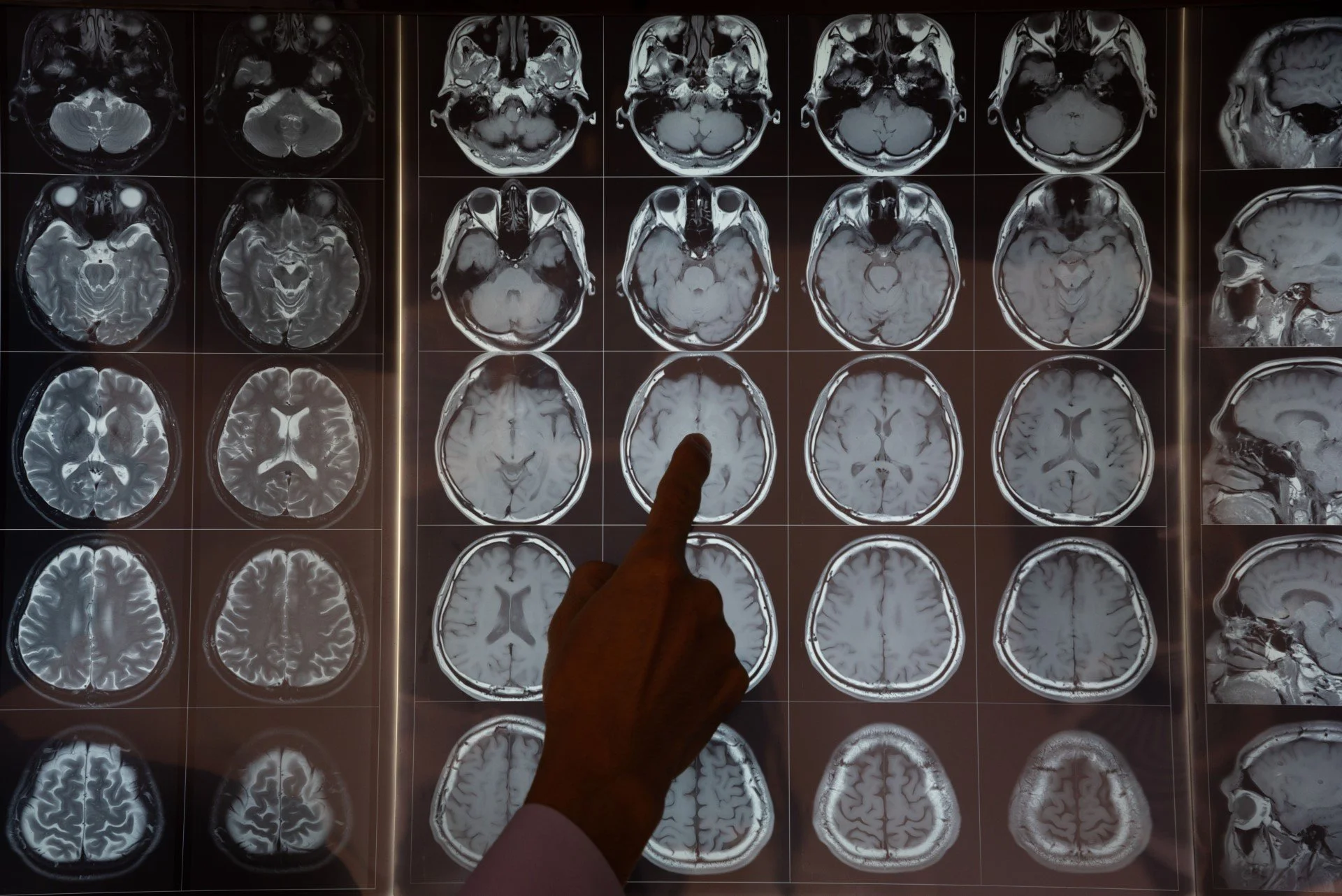Quantum Technology Boosting Brain Research and Medical Imaging
Overview:
Quantum-enabled technology is revolutionising brain imaging, allowing for more detailed and dynamic observations of brain activity. By integrating quantum sensors into magnetoencephalography (MEG) scanners, researchers are pushing the boundaries of how we understand brain function, particularly in diagnosing neurological disorders such as epilepsy, Parkinson's disease, and mental health conditions.
Problem:
Traditional brain imaging methods like X-rays or MRIs primarily focus on structural details but are less effective in assessing how the brain functions. This limitation is especially problematic for conditions like epilepsy or dementia, where brain function may be disrupted even though structural imaging appears normal. A more advanced technology is needed to better understand the dynamic processes occurring in the brain.
Solution:
Magnetoencephalography (MEG) is a technique that measures the magnetic fields generated by electrical currents in the brain's neurons. While MEG offers great promise, its current technology faces significant challenges. Quantum-enabled MEG systems, powered by optically pumped magnetometers (OPMs), are poised to solve these problems by offering greater sensitivity and the ability to capture more precise brain activity without the need for cryogenic cooling systems.
Technology:
OPMs are quantum sensors that can detect tiny magnetic fields generated by brain activity. Unlike traditional sensors, OPMs do not require extreme cooling, making them more adaptable and cost-effective. They can be placed directly on the head, allowing for more accurate readings by getting closer to the brain. This design also makes the system more flexible, enabling the scanning of individuals of all ages, including children.
Prototype Deployment:
The development of a wearable MEG system powered by quantum technology has made it possible to track brain activity with unprecedented precision. The system is designed to be lightweight, portable, and adaptable to various head sizes, enabling a wide range of participants, including children, to undergo brain scans. This breakthrough is currently being tested and is expected to open new possibilities in diagnosing and understanding brain disorders.
Commercial Potential:
Quantum-enhanced MEG systems could revolutionise the field of neuroimaging, offering more accurate, accessible, and cost-effective tools for diagnosing brain disorders. The ability to track brain activity in real time without rigid restrictions makes this technology ideal for clinical use, from diagnosing epilepsy to assessing early signs of dementia. As the system matures, it holds significant potential for broad applications in both medical and research settings.
Related Use Cases







